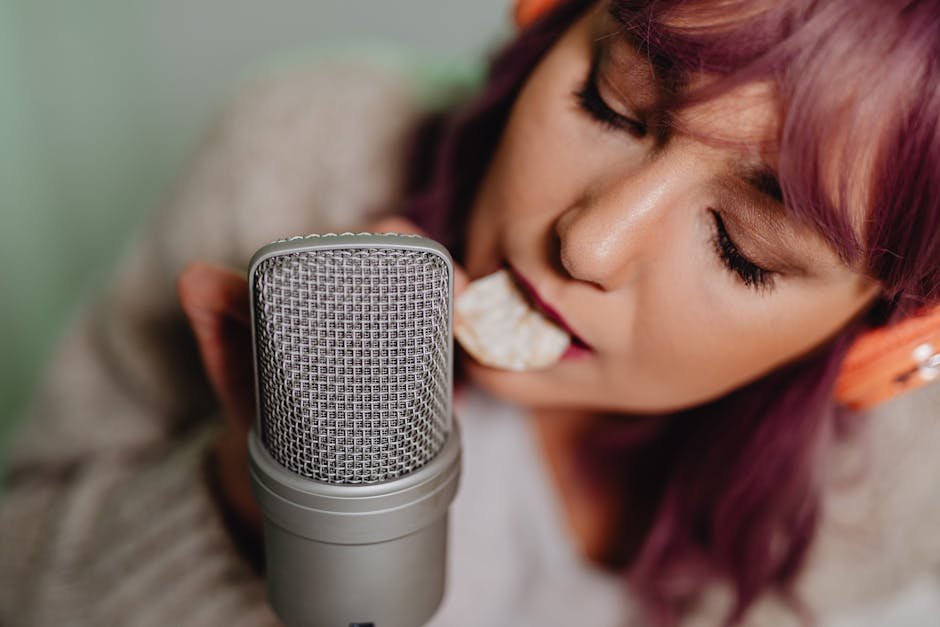Live performances demand impeccable audio quality, and choosing the right microphone for live singing is paramount to ensuring that a vocalist’s talent shines through. With numerous options available, selecting the ideal microphone involves considering factors such as durability, feedback resistance, and overall performance in a live setting. In this article, we’ll explore the key features to look for and recommend some popular microphone choices for live singing.
- Dynamic Microphones: Dynamic microphones are the go-to choice for live singing due to their durability, robust construction, and ability to handle high sound pressure levels. These microphones work on the principle of electromagnetic induction and are less sensitive to ambient noise, making them ideal for dynamic live environments. Popular choices include:
- Shure SM58: A classic in live sound, the Shure SM58 is known for its durability, feedback rejection, and clear vocal reproduction.
- Sennheiser e945: With a supercardioid pickup pattern, the Sennheiser e945 excels in isolating the vocalist’s voice and reducing feedback.
- Supercardioid or Hypercardioid Pickup Patterns: Live stages are often filled with ambient noise, and selecting a microphone with a focused pickup pattern helps isolate the singer’s voice and reject unwanted sound from the surroundings. Supercardioid and hypercardioid patterns are common choices for live singing microphones.
- Durability and Build Quality: Live performances involve movement, handling, and potential accidents. A microphone with a sturdy build, robust grille, and reliable construction is essential for withstanding the rigors of the stage. Look for microphones designed to handle the physical demands of live use.
- Feedback Resistance: Live sound settings often face challenges with feedback, especially when using stage monitors. Choosing a microphone with effective feedback rejection properties helps minimize the risk of unwanted squeals and maintain clear, distortion-free vocals during a performance.
- Frequency Response: A microphone’s frequency response plays a crucial role in reproducing the natural tonal qualities of a singer’s voice. While a flat frequency response is often desirable for accurate reproduction, some microphones may have a tailored response to enhance specific vocal characteristics.
- Wireless Options: Many live singers prefer the freedom of movement that wireless microphones offer. Wireless systems allow performers to engage with the audience, move across the stage, and deliver an energetic performance without being restricted by cables. Popular wireless microphone systems include those from Shure, Sennheiser, and Audio-Technica.
- Budget Considerations: While there are high-end professional microphones designed specifically for live use, there are also budget-friendly options that deliver reliable performance. Consider the budget constraints and explore microphones that offer a balance between quality and affordability.
Conclusion:
Selecting the best microphone for live singing involves a careful consideration of factors such as microphone type, pickup pattern, durability, feedback resistance, and budget. Dynamic microphones with supercardioid or hypercardioid patterns, exemplified by models like the Shure SM58 and Sennheiser e945, are popular choices for live performances. The key is to find a microphone that aligns with the vocalist’s preferences, the stage environment, and the overall requirements of the live setting. With the right microphone in hand, singers can confidently take the stage, knowing that their voice will be heard with clarity and precision.
You Might Also Like These:
Connect the Sennheiser EW 500 G4 receiver
What is the frequency response of the mkh50?
Sennheiser headset mic not working












